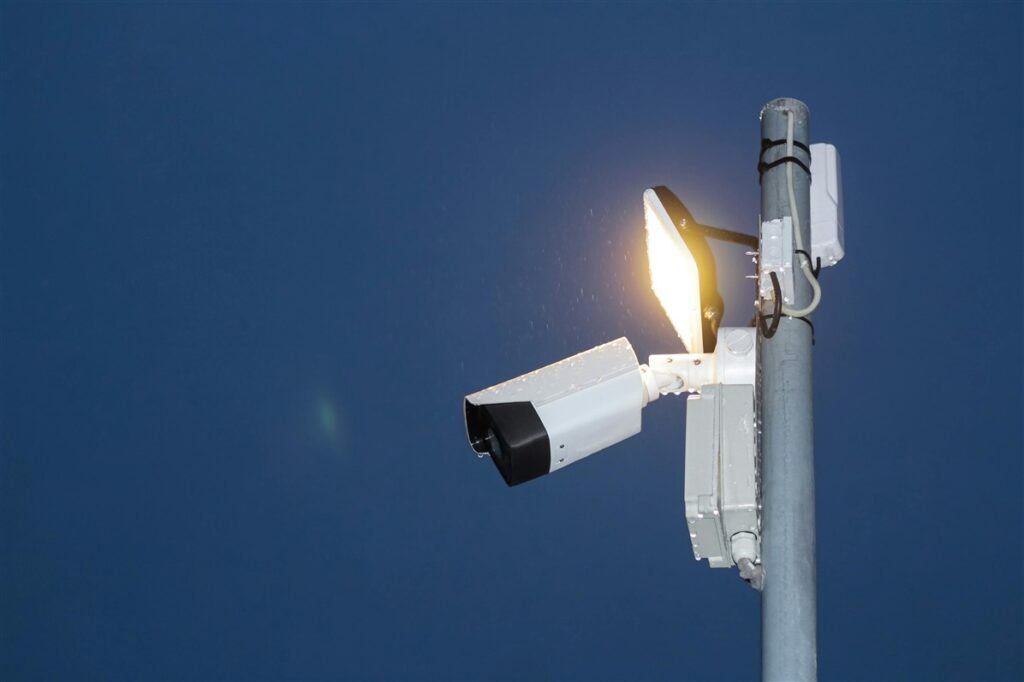Jargon Busted – Electrotechnical Certification Scheme (ECS)
The electrical world can be confusing and we’ve all come across some terms that don’t make much sense. That’s why in each issue of Wired we unravel a piece of industry gobbledygook and tell you what it means – In plain old English.
Any company looking to contract work to an electrical engineer would expect a high level of professionalism, from the relevant industry qualifications to an adherence to the appropriate standards of health and safety. However, there are electrical operators out there who fall short of these standards, and this is where certification schemes such as ECS can prove invaluable.
What does ECS stand for?
ECS stands for Electrotechnical Certification Scheme – an occupational card scheme for electrotechnical operatives working in the UK. It is run by the Joint Industry Board (JIB).
How does the scheme work?
The only ID and competence card scheme for the sector, it allows those employing electrotechnical operatives to see proof of their identity as well as their skill level. The card must be renewed every three years through the JIB.
What’s on the card?
Each individual’s ECS card shows the qualifications they hold and the training level they have reached, including affiliations relevant to that worker.Who can apply for an ECS card?
Anyone involved in electrical work, from a new trainee to a highly qualified operative with many years of experience.
Those with an Electrotechnical NVQ Level 3 qualification or equivalent can apply for an ECS gold card and there are gold and platinum cards for electrical installers with specialised skills, from those who install building controls to those working in fire and security.
Trainees can still hold an ECS card showing their information and upgrade to a gold or platinum card once they achieve the relevant qualifications.
Where are ECS cards used?
Backed by both government and industry, the card is affiliated to the Construction Skills Certification Scheme (CSCS). It’s a useful shortcut for workers and employers in any sector of the electrotechnical industry, but in particular at construction sites, where proof of identification, qualifications and competence are a prerequisite nowadays.
Why are ECS cards important?
ECS cards recognise that electrotechnical workers are required to have a high level of skill and provide a quick and easy way for those contracting their services to have peace of mind.
Electricians and electrical engineers applying for the card must also pass a health and safety assessment: a multiple- choice exam, set and marked by the JIB, with an 85% pass rate requirement. (There are exemptions for those who already hold an approved health and safety qualification).
Conclusion
In the UK there are now more than 100,000 individuals registered to hold an ECS card. The current high level of demand for both new cards and renewing existing cards shows the growing importance of these cards for electrotechnical workers and those who employ them.

Our guide to building energy management systems
Building energy management systems (BEMS) are systems that allow you to monitor, control, and optimise the energy used within your building. The phrase building energy management system (BEMS) is often used interchangeably with the phrase building management system (BMS), but there are some differences. A BEMS is focused on energy-related systems such as lighting, heating, […]
Read more
How far does power travel and what impact does distance have on performance
It’s easy to take our electricity supply for granted. We flick a switch and instantly have light or power. We don’t even think about it unless there’s an issue or an outage. But when there is an issue or outage, the impact can be significant. For manufacturers, even the smallest change in power can make […]
Read more
Why visibility of the production process is so important
Operational excellence, efficiency and quality are top priorities for almost every manufacturer worldwide. These things lead to improved productivity, happier customers and reduced waste – all of which result in increased profits. Visibility of the production process is the key to achieving these things. And manufacturers now have access to technology that can provide real-time […]
Read more
Will security lighting help to protect my staff?
Looking after the safety and well-being of employees should be a priority for any business. And while it’s not possible to mitigate every risk, there are measures you can take to improve their safety and security. One measure that is often overlooked is the installation of security lighting. When daylight disappears, visibility is reduced, increasing […]
Read more
Top 5 considerations when comparing electrical quotes
Budget is always a factor when you’re considering any type of upgrade, revamp, or maintenance work within your factory. But when it comes to electrical work, you have to consider more than just money. Don’t rush into accepting the cheapest electrical quotes without knowing exactly what you’re getting. Electrical work is not an area where […]
Read more
What is the role of companies in reducing our carbon footprint?
We should all be taking responsibility for protecting our planet and a big part of that is reducing our carbon footprint. But while it falls to all of us to do our bit, there is additional pressure on manufacturers, especially those with high carbon emissions. As an absolute minimum, these companies should ensure compliance with […]
Read more

